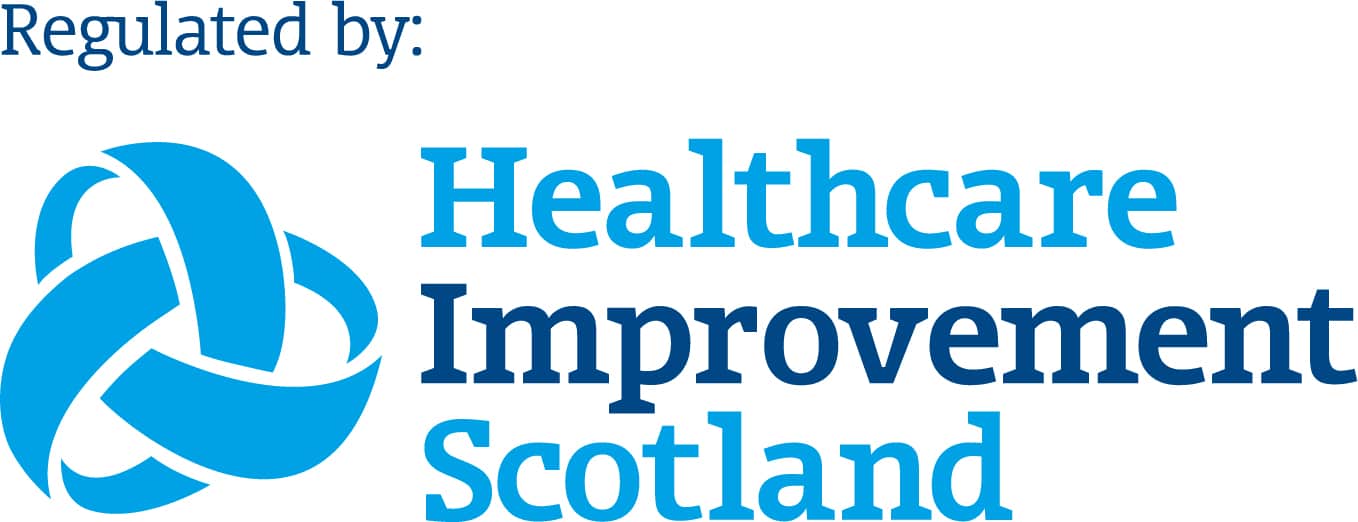
Hormones are powerful chemical messengers that regulate many of the body’s processes, including growth, metabolism, and mood. Weight management is largely determined by hormones – they play a critical role in determining how much you weigh, how easily you gain or lose weight, and where fat is distributed on your body. Whether you’re struggling to lose weight or gaining weight inexplicably, your hormones could be a key factor. Let us explore how hormones affect your weight, the common hormonal imbalances that influence weight gain, and what you can do to better manage your weight by balancing your hormones.
How Hormones Regulate Your Weight
Hormones control a variety of bodily functions that directly impact your weight, including:
- Appetite regulation: Hormones influence hunger signals by interacting with brain receptors.
- Metabolism: Hormones help regulate how quickly the body burns calories for energy.
- Fat storage: Hormones dictate how and where fat is stored in the body.
- Energy utilization: Hormones also determine how efficiently the body uses and burns fat as energy.
Key hormones involved in weight regulation include insulin, cortisol, thyroid hormones, leptin, ghrelin, oestrogen, and testosterone. In this article we aim to dive deeper into each of these hormones and their impact on weight.
Insulin: Balancing Blood Sugar to Prevent Fat Storage
Insulin is a hormone (produced by the pancreas) that helps regulate blood sugar levels. It enables cells to absorb glucose (sugar) from the bloodstream for energy. When insulin levels are too high, the body tends to store more fat. Elevated insulin levels can be caused by poor dietary choices, such as a high intake of processed foods and sugars.
How it affects weight: Insulin resistance, which occurs when cells no longer respond to insulin properly, can lead to weight gain, particularly around the abdomen. This is often a precursor to type 2 diabetes. Additionally, chronically elevated insulin levels promote fat storage and make it harder to lose weight.
What you can do: Reducing your intake of refined carbohydrates and sugars, opting for whole foods, and exercising regularly can help lower insulin levels and improve insulin sensitivity. A diet rich in natural fibers, healthy fats, and protein can help stabilise insulin levels.
Cortisol: The Stress Hormone That Increases Belly Fat
Cortisol, often referred to as the “stress hormone,” is released by the adrenal glands in response to stress. It helps regulate your body’s response to stress, inflammation, and the sleep-wake cycle. While cortisol is essential for survival in the short term, chronic stress can lead to an overproduction of cortisol, which can have a profound effect on your weight.
How it affects weight: High cortisol levels increase the storage of fat, particularly in the abdominal area. This phenomenon, often referred to as “stress belly,” is linked to increased appetite and cravings for unhealthy foods, especially those high in sugar and fat. Elevated cortisol can also interfere with other hormones, making it harder for the body to burn fat effectively.
What you can do: Start by improving your stress levels through relaxation techniques, mindfulness, and exercise. Remember – regular physical activity, adequate sleep, and a balanced diet are key factors in keeping cortisol levels in check.
Thyroid Hormones: Your Metabolism’s Master Regulators
The thyroid gland produces hormones like thyroxine (T4) and triiodothyronine (T3), which regulate metabolism. These hormones control the speed at which your body burns calories, affecting how quickly you lose or gain weight.
How it affects weight: An underactive thyroid (hypothyroidism) slows down metabolism, making it easier to gain weight and harder to lose it. Common symptoms of hypothyroidism include fatigue, constipation, weight gain, and depression. Conversely, an overactive thyroid (hyperthyroidism) speeds up metabolism, often resulting in weight loss despite an increased appetite.
What you can do: If you suspect thyroid dysfunction, it’s important to consult a healthcare provider for testing and diagnosis. Managing hypothyroidism with prescribed medication (levothyroxine) can help normalize metabolism and improve weight management.
Leptin and Ghrelin: The Hormones That Tell You When to Eat
Leptin and ghrelin are two hormones that work together to regulate appetite and energy balance.
- Leptin: Often called the “satiety hormone,” leptin is produced by fat cells and signals the brain to stop eating when you’ve had enough. Leptin levels are higher in individuals with more body fat.
- Ghrelin: Known as the “hunger hormone,” ghrelin stimulates appetite and promotes food intake. It is produced in the stomach and peaks before meals.
How they affect weight: In individuals with obesity, leptin resistance can occur, meaning the brain doesn’t respond to leptin’s signal to stop eating, leading to overeating and difficulty losing weight. On the other hand, ghrelin levels can increase when a person is sleep-deprived or on a calorie-restricted diet, making them feel hungrier and less satisfied after eating.
What you can do: Maintaining a healthy weight, exercising regularly, and ensuring adequate sleep can help balance leptin and ghrelin levels. A diet that includes fiber-rich foods, healthy fats, and protein can help you feel fuller for longer, reducing hunger and cravings.
Oestrogen: The Female Hormone That Shifts Fat Distribution
Oestrogen is the primary female sex hormone, though it is also present in smaller amounts in men. In women, oestrogen levels fluctuate throughout life, particularly during puberty, menstruation, pregnancy, and menopause. These fluctuations can have a significant impact on weight and fat distribution.
How it affects weight: Oestrogen plays a role in fat storage, especially around the hips and thighs. During menopause, oestrogen levels decline, leading to an increase in abdominal fat. This change is often linked to the development of metabolic syndrome, which includes increased waist circumference, high blood pressure, high blood sugar, and high cholesterol.
What you can do: Maintaining a balanced diet, exercising regularly, and managing stress can help mitigate weight gain associated with hormonal changes. In some cases, hormone replacement therapy (HRT) may be recommended to help balance oestrogen levels during menopause.
Testosterone: Supporting Muscle and Fat Balance in Men and Women
Testosterone is known as the male sex hormone, but women also produce small amounts. Testosterone helps build muscle mass and regulates fat distribution. In both men and women, a decline in testosterone can lead to an increase in body fat and a decrease in muscle mass.
How it affects weight: Low testosterone levels are associated with reduced lean muscle mass, which can slow metabolism and make it easier to gain weight. In women, low testosterone can also contribute to fatigue, depression, and a decrease in libido.
What you can do: Strength training exercises and weight-bearing activities can help build muscle mass and boost metabolism. A diet rich in protein and healthy fats may also support healthy testosterone levels.
Final Thoughts: Regain Control Over Your Weight Through Hormonal Balance
Hormones play a significant role in regulating your weight and metabolism. Insulin, cortisol, thyroid hormones, leptin, ghrelin, estrogen, and testosterone each have a distinct influence on how your body stores and burns fat. Understanding the ways in which these hormones affect your weight can help you identify potential imbalances and take action to correct them.
By focusing on stress management, maintaining a balanced diet, engaging in regular physical activity, and seeking medical treatment when necessary, you can support your hormonal health and improve your ability to manage your weight.
Need Help?
If you’re concerned about your weight and suspect hormones may be involved, book a GP consultation or Weight loss support and treatment appointment with our clinic. Our specialists can help identify underlying imbalances and guide you on your journey to better health.


